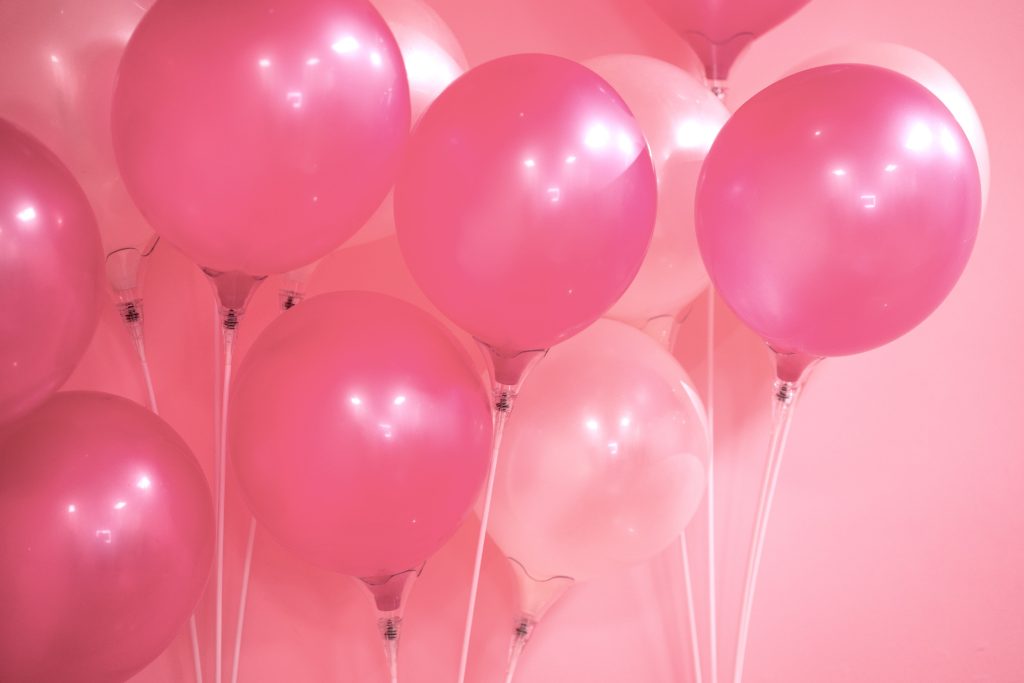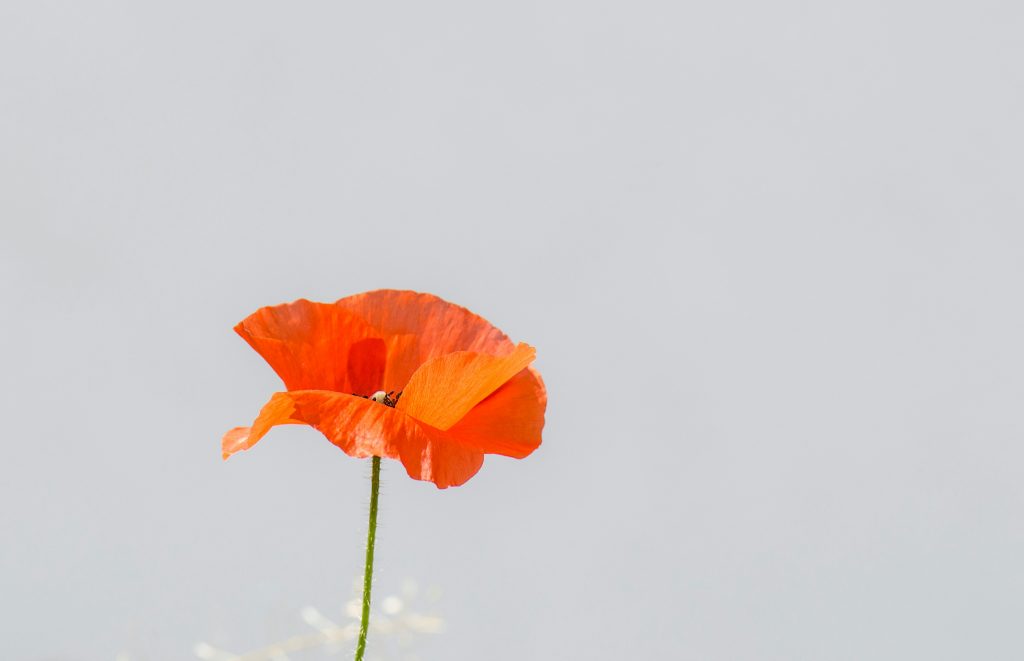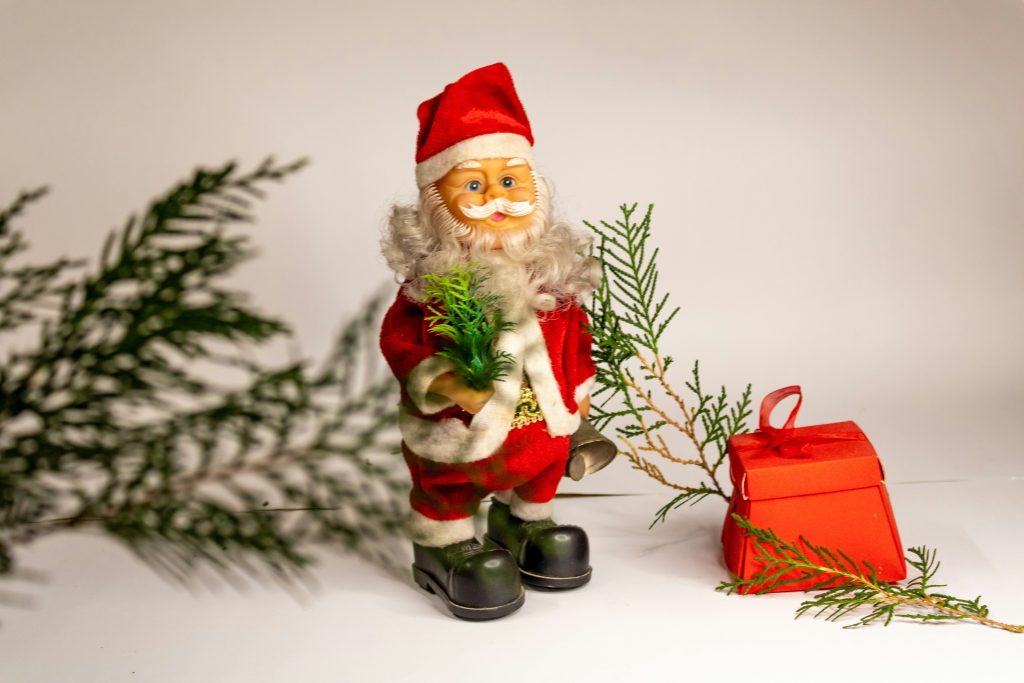Sarah Stam is an independent entrepreneur in the music industry and the manager of a number of artists, working with boundless energy. In 2020, she’s diagnosed with metastatic ovarian cancer. Prognosis: 95% of women with this diagnosis will die within five years. During her recovery, Sarah decides to make a book titled ‘K*tkanker’ (F*cking cancer), aimed at breaking the taboos that surround breast cancer and gynaecological cancer and what they do to your life. The result is not only moving and liberating, but also very necessary to create a more diverse representation of women with cancer in our society. In this double interview, she and editor Sara Madou explain how this project took shape and what they learned from making this book.
Sarah, can you describe a normal workday for us, from before you were diagnosed in 2020?
“A typical day for me would start with some calls with artists in the morning in which I would walk them through their upcoming week. I’d also negotiate with managers, call record labels, prepare stuff for albums, do some PR and marketing for the shows and try to keep the overview for the artist. All very dynamic really.”
And what about after your diagnosis?
“The diagnosis of metastatic ovarian cancer came very unexpectedly, it isn’t called the silent lady killer for nothing. You have no symptoms whatsoever and then suddenly you’re in an advanced stage. I got the news on Thursday morning and on Friday I was on chemo, immediately leaving me infertile. When you get cancer, it takes its toll on your normal life. Your hair falls out and you have less energy. I noticed that my work provided some kind of support to me: it gave me so much energy and joy. So I continued working right up to my major surgery.
And now I’m basically back at the same level as before my diagnosis. I’m flying to LA tomorrow!”
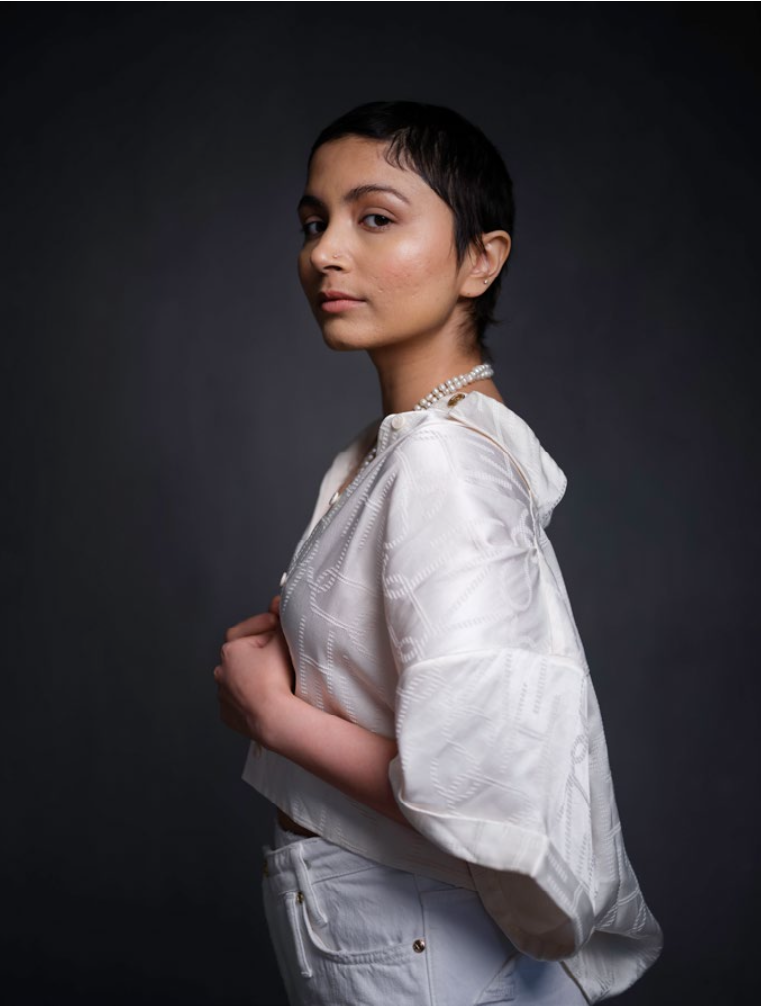
What was it like to fall ill as an entrepreneur?
“I was fortunate enough to have an assistant, so everything involving my own artists could go through as planned, which gave me a real sense of support. Because I also do management, much of my income from streaming and publishing kept coming in during my treatment. I’m also lucky to work with producers who also compose tracks for third parties, so we were able to continue working during the pandemic and set up writing sessions via Zoom.
I didn’t have an insurance, but I did have a healthy buffer so all that sailed relatively smoothly. But there are quite a few harrowing stories from other women with cancer, mainly with temporary contracts, who could not return to their jobs.”
How did you come up with the idea of making this book?
“My world was suddenly turned upside down when I was diagnosed. During that process, I really felt a great need for hope and inspiration from other women. I wanted to see how others experienced the process, every practical aspect. For example, I could not find any information of what my scar or my temporary stoma would look like. Or how to get back to work or pick up your life when you’re 30 and have cancer. There’s so much medical information about cancer, but so little about everyday life with and after cancer, whether it’s the practical side of things or emotional support. I wanted to make a book about women with breast cancer or gynaecological cancers, dealing with the direct loss of Western qualifications of femininity. I wanted to highlight issues such as fertility, breasts, body shape and hair loss. And besides all that, I came across very few contemporary images of women of my age with cancer. How can you dream of a hopeful future when there aren’t any role models? And I realised that if this was a problem for me as a white woman, it would be even worse for women of colour. So we’ve worked really hard to create as diverse a picture as possible in the book.”
Sara, you work as a freelance editor. Why did you want to contribute to Sarah’s project?
“I’ve been freelancing for 5 years now, and I really enjoy doing that. I’d had a very profitable year, so there was room to take on non-profit projects that contribute more to society. When I first received Sarah’s request, I had some doubts as it’s such an intense topic. But in her very first email I could already sense that she was special, with a talent for getting people involved. When she arrived at the café for our meeting, she had me convinced within 5 minutes. There was so much positive energy. As the project progressed, the feeling that this book really needed to be made grew stronger and stronger. And the more women I spoke to, the brighter the fire shone. In the end, I deployed my entire network.”
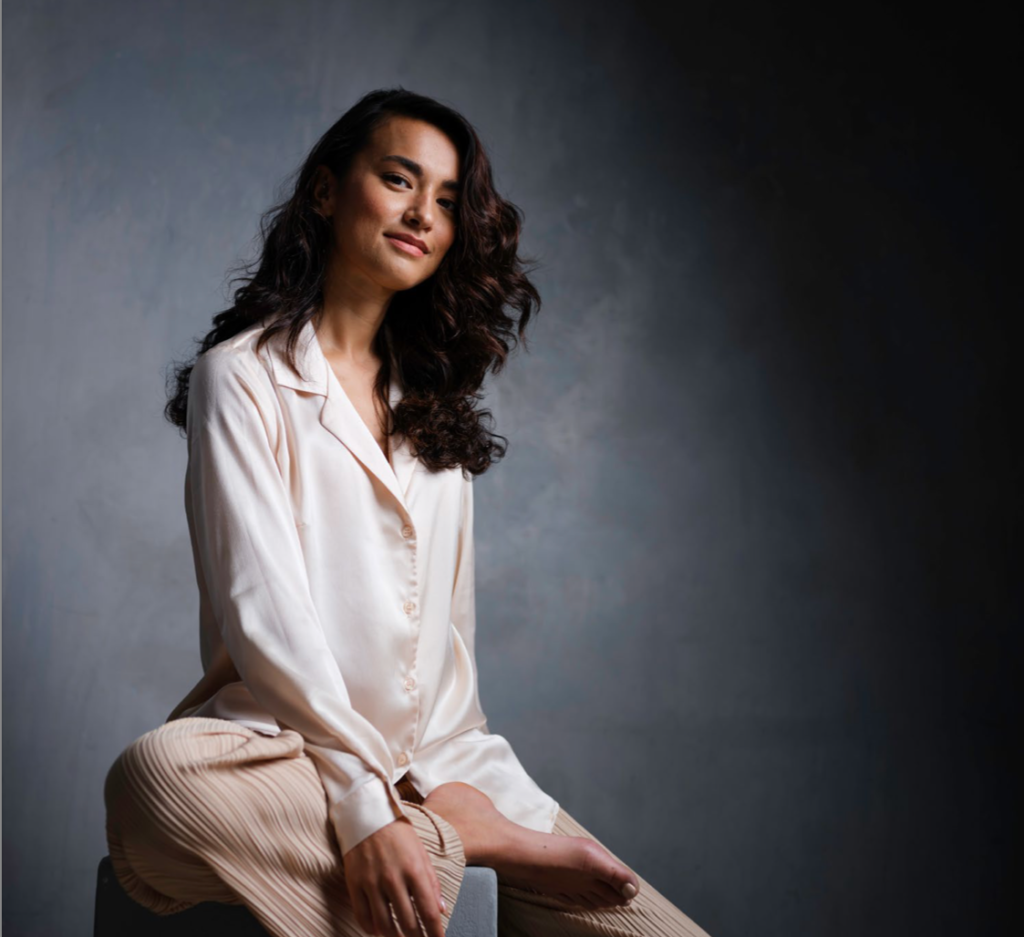
What’s it like to highlight stories of women you know might not be around anymore in a few years time, or have even passed away by now?
Sara: “I’ve certainly felt some pressure because you want to tell people’s stories as best as possible, in a way that they’re content but any possible relatives are too.
I first did three interviews in one day, and then I really had to recover. I felt the urge to drink a glass of wine after every interview, so I had to come up with something else in order to not become an alcoholic. From then on, I did a maximum of two interviews a day and made sure I took some rest afterwards: petting my cat, some shopping or doing my administration for Kees, haha. I had to put up a wall to shield my emotions at some point, otherwise I wouldn’t have been able to cope.”
What are your ambitions for this project?
Sarah: “Above all, the ambition is to paint a realistic picture of what your life is like if you have cancer, so that women like me don’t have to spend their nights looking for a photo of a young woman with a stoma. In addition, there’s the ambition to initiate a broader social discussion about the taboos of cancer and the lack of diversity in the available information.”
Sara: “Yes, diversity is such an important theme, that was a real revelation for me as well.
When you visit websites about cancer or look at any other information that’s available, you only see white women in their sixties or seventies. Of course, their stories should also be made visible, but there are more people who are dealing with cancer. It almost seems to be a blind spot in healthcare, when it’s so important that these women can see that they’re not alone: that there’s recognition and that a fair picture is painted. It really was something that was noted by all the women I was allowed to interview.
Moreover, your femininity and sexuality are still important at any age. There are women who no longer feel feminine because they no longer have a womb, but also women who don’t have any problems with that because they didn’t want children anyway. And knowing that something like an orgasm works very differently when you no longer have a uterus. You notice that when women can talk about something like that, it really feels like a liberation. That’s also one of the reasons why we’ve fought so hard to create a picture that’s as diverse as possible and we leave no subject untold in the book.”
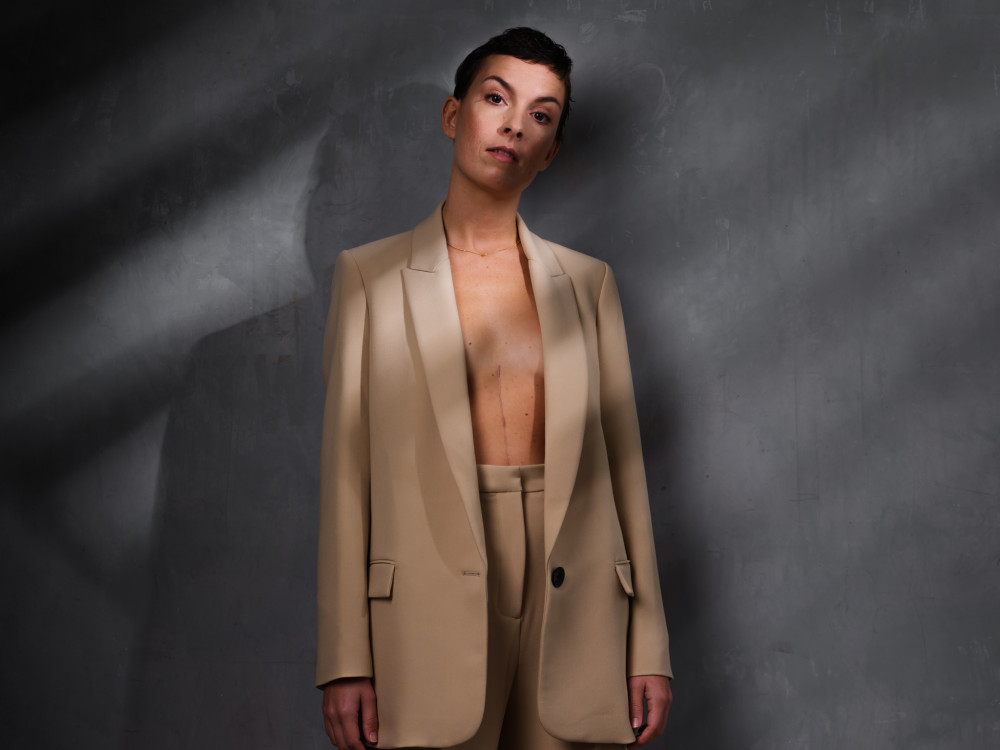
What have you learned from making a book?
Sarah: “I learned a lot, especially that I will never do it again, haha. So much work!”
Sara: In the past, I wasn’t one to write elaborate and emotional real-life stories. I’ve worked in the women’s magazines business, but I never particularly liked them myself nor the explicit showcasing of emotions, so to say. But I discovered that I do enjoy writing about it, but in my own different way. And this book also has a social value, of course. I’ve learned a lot, businesswise. How to ask sensitive questions, for example. In that respect this really was a kind of mega masterclass in doing interviews; I’d never done anything like it. ‘F*cking cancer’ was a fantastic book to make and I’m so proud of it. It really is one of a kind.”
Sarah: “I also didn’t know how expensive it would be to make a full colour photography book. I really wanted to keep things accessible by pinning the price at €29.99 so that every woman, even those with less to spend, has access to the book. But the bookstores take a very large share, and paper costs have almost doubled during the COVID pandemic. In the beginning I thought I had to raise €40,000 but it turned out that I needed more than double.
But the end of the crowdfunding is in sight: there are still four weeks left and we’re using those to work very hard. If we reach 80% of the target amount we’re able to make the book. And if we reach 100% we can also fund a touring exhibition.”
How do you see your future now, Sarah?
“When I just got the diagnosis I was alone in the hospital, waiting in the hallway, and a kind of peace came over me. I thought: if this will be my last year, I don’t want anything else. I’m doing well with my work, I get to travel, discover new people and worlds, and I have so many lovely people around me. So I immediately realised that I would be very grateful if I could just continue like this a little longer. Cancer mainly sucks, obviously. But strangely enough there are also nice sides to it: you instantly realise what’s really important in life, you instantly know which people are there for you, you instantly have deep conversations. It’s a sharp contrast, painful but also very beautiful.”“It’s weird that, as a society, we sometimes seem to be waiting for a crisis in order to realise what life is really about.”
“At the beginning of February this year, the cancer was once again showing on my scan, which is actually in line with the expectations regarding ovarian cancer. 95% of women die in the first 5 years. Physically, I feel good still and I live my life, but I kept in mind that this could be my last summer. I did start a new round of treatment though, and now I just got word that I’m clean again. So this may not be my last summer after all. It’s a complete mindfuck… There are stories of women who were stable for 10 or 15 years; who knows what medical possibilities there will be by then. Nobody knows what the future holds. And saying that almost makes me sound like a person without cancer again.”
The book ‘F*cking cancer’ is printed in full colour and contains fifty portraits of women between the ages of 20 and 100. They all have some form of breast cancer or gynaecological cancer. Fifty powerful, inspiring images and short personal stories supplemented with more than 100 tips such as useful contacts, great websites and smart advice.
The crowdfunding for publication will run until 3 August 2022. You can donate and order the book here.
